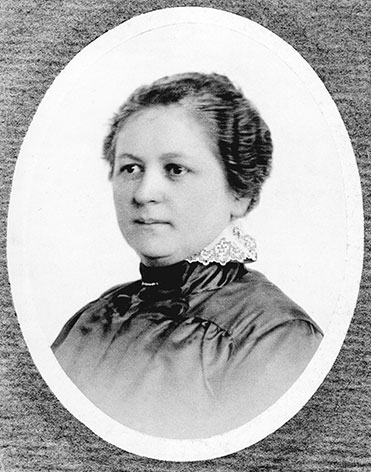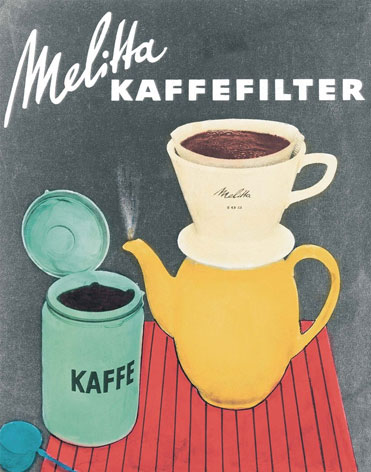How a German housewife changed the way we drink coffee

Melitta Benz is among the people who shaped the coffee landscape..
 It is a given that when we enjoy a hot coffee, we seldom think about how much human labor and effort is hidden behind our cup - from the field and the roasting to the extraction and serving. Suppose we have in front of us a cup of steaming filter coffee - with a "French", as we are used to saying. Nothing would be the same if a German housewife, Melitta Benz, did not constantly complain about her bitter coffee.
It is a given that when we enjoy a hot coffee, we seldom think about how much human labor and effort is hidden behind our cup - from the field and the roasting to the extraction and serving. Suppose we have in front of us a cup of steaming filter coffee - with a "French", as we are used to saying. Nothing would be the same if a German housewife, Melitta Benz, did not constantly complain about her bitter coffee.
Have you ever wondered how paper filters were made, thanks to which we enjoy delicious, clean and light filter coffee? Their story is as simple as it is fascinating - let's get to know it better.
It all starts with a good idea
Melitta Benz was born in 1873 in Dresden, Germany, literally surrounded by paper, as her father was a publisher. When she started her own family, Melitta did not work at first, and became the classic housewife of the time, but nature was always restless and strange.
One of her main problems as a housewife was that the coffee machines of the time (similar in function to today's moka pots) produced overly bitter and strong-tasting coffee, which Melitta set out to improve in any way she could. After realizing that the excessive bitterness of the coffee was due to the residues left in the drink, he decided to throw himself in the face in an attempt to create an effective filter.
After experimenting with various materials, such as fabric, he came up with a material that he knew well. Taking a page out of a notebook of her son and nailing it with a nail to a copper cup, she made the first coffee extractor with a paper filter in history!
 People are learning filter coffee
People are learning filter coffee
Taking courage from the reactions of family and friends from her new, lighter and more delicious coffee, Melitta Benz decided to patent its invention, something that happened in June 1908. Six months later, Melitta Benz started the first her company for the commercial exploitation of her filters, with almost zero capital and hiring her husband and sons as employees. The first samples are encouraging, as at the Leipzig International Exhibition in 1909, the inventor demon sells over 1000 coffee filters.
Following are gold and silver medals at subsequent international exhibitions, which were among the most important events of the time, but World War I broke out and put a brake on the company's development: metal is committed to making zeppelin, men are recruited, paper is given now with a ration.
The path to the top
In the interwar period, the family business takes over again, people are demanding coffee filters with fury and Melitta does not manage to hire new workers and constantly move to larger facilities. Melitta will pass the company on to her sons, but keeping a role in its management and always making sure that the employees work in decent conditions and are paid much better than the average of the time. Of course, filters are constantly being improved, both in terms of ergonomics and construction, as well as in terms of raw material, absorbency, etc.
During World War II, the factory was commissioned to produce ammunition, but quickly regained its pace. When Melitta died in 1950, the company was valued at 5,000,000 marks. Today, the company still has the name of its founder, at the helm are its grandchildren and employs more than 3,300 employees in 50 countries.
The next time we enjoy a "French" coffee, we can keep in mind that the taste that stimulates and warms us is actually due to a German woman.










